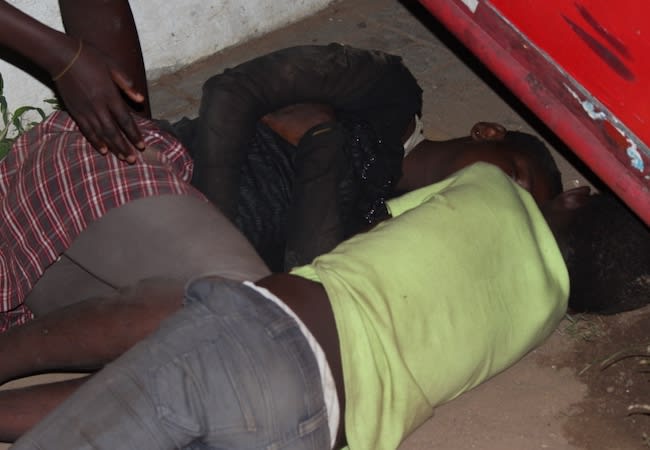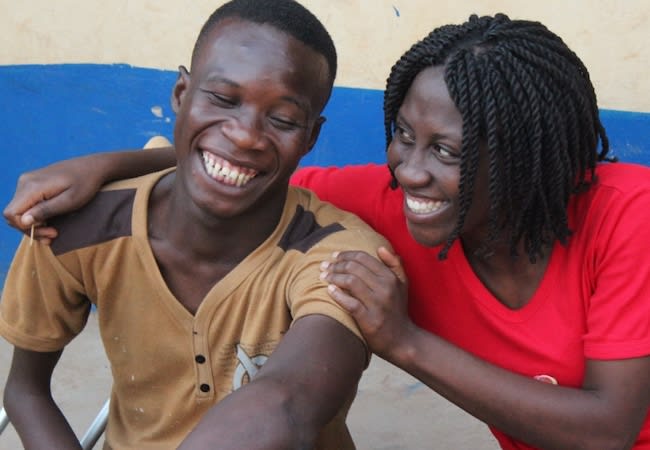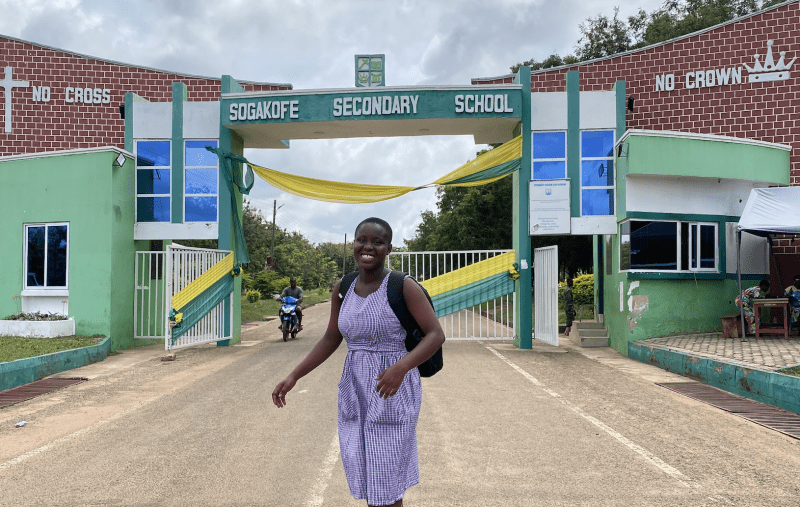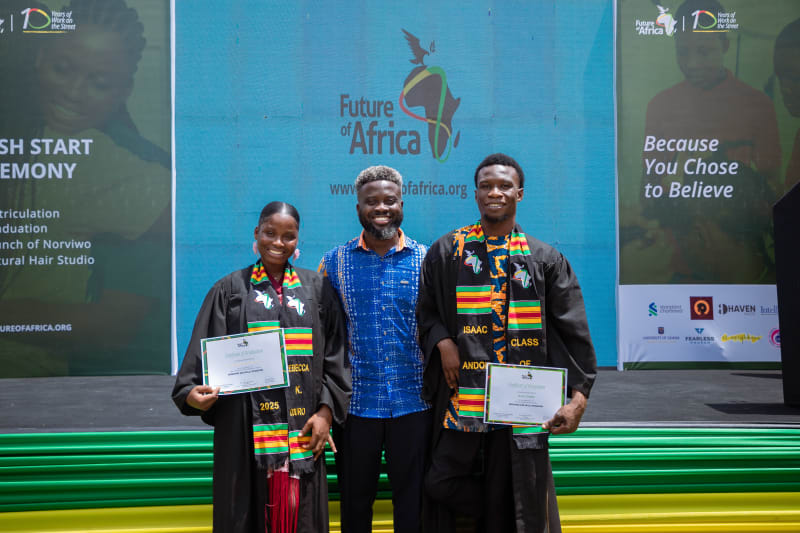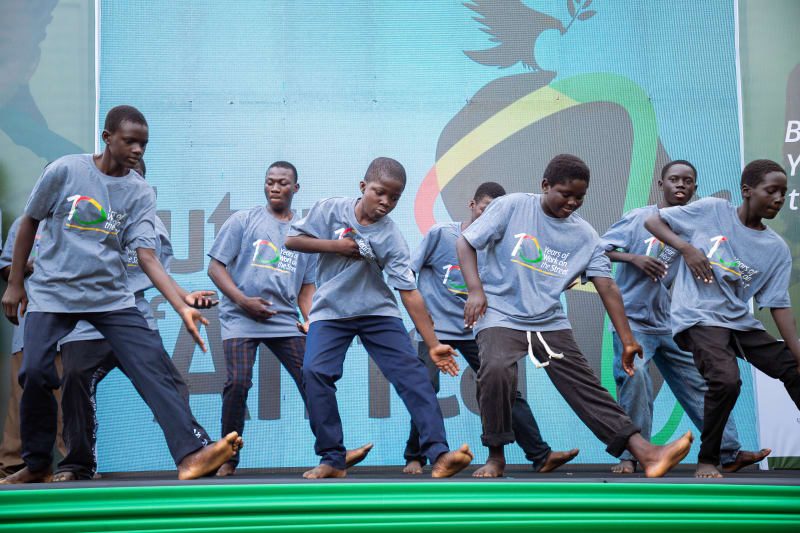The Scale Of This Crisis
From Durban to Alexandria, from Nairobi to Accra the problem of child homelessness is a growing concern in many major cities across the continent. There are 30 million children living in street situations in Africa, according to a 2011 ILO-UNICEF joint estimate. In Ghana, conservative estimates suggest that there are about 204,000 children living in street situations in Accra, up from an estimated 33,000 in 2011.
Knowledge Is Power
Most people are apprehensive when approached by children in street situations. Seeking their daily survival, these children may be desperate and sometimes aggressive, and their persistence in getting attention often generates fear and anxiety. Although children in street situations are not all innocent, the general public knows little about their lives, forming judgments based on assumptions. Many of these children endure daily violence, trafficking, and sexual exploitation in the streets. They experience significant trauma from physical abuse, rape, hit and runs, and brutality. In the worst cases, some meet untimely deaths with no justice.
Learn More About Our Plan
